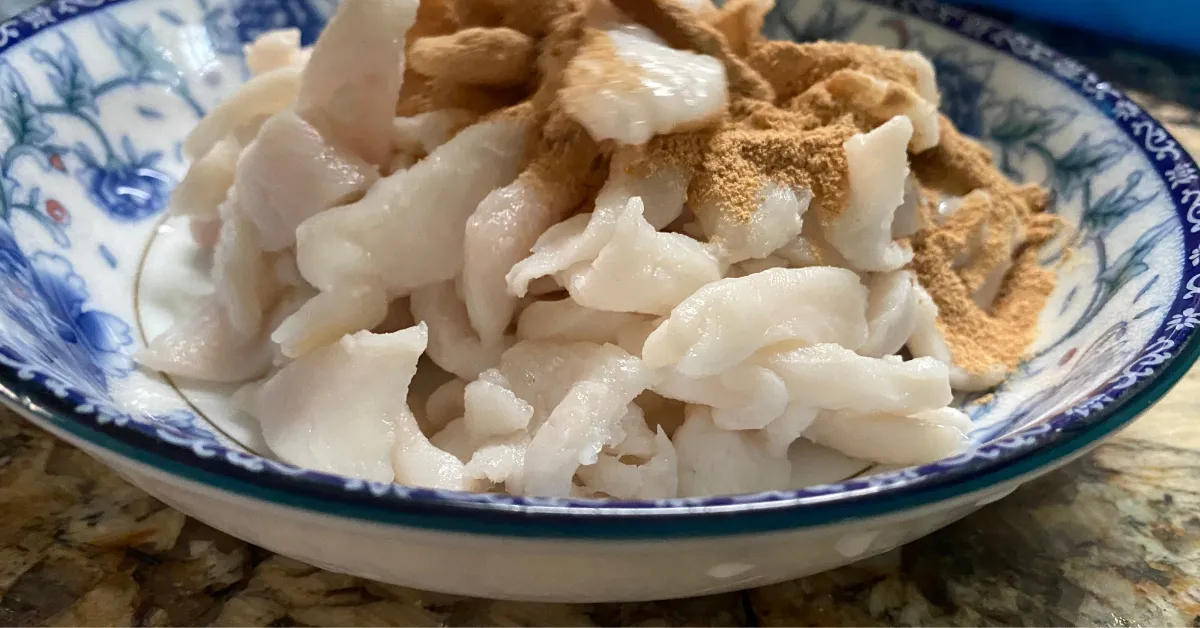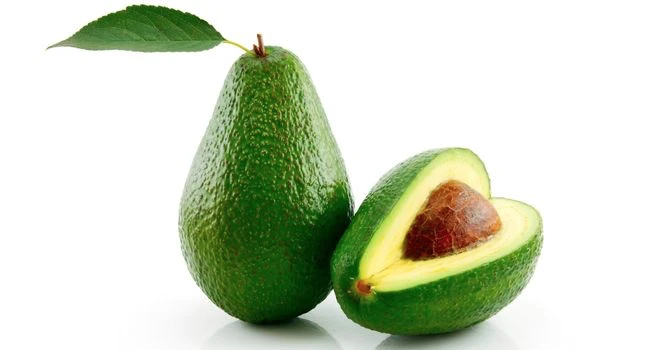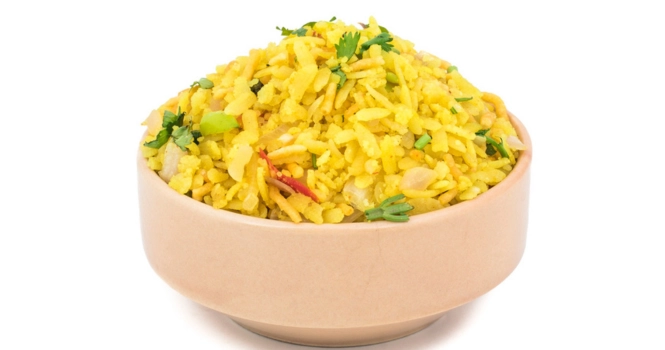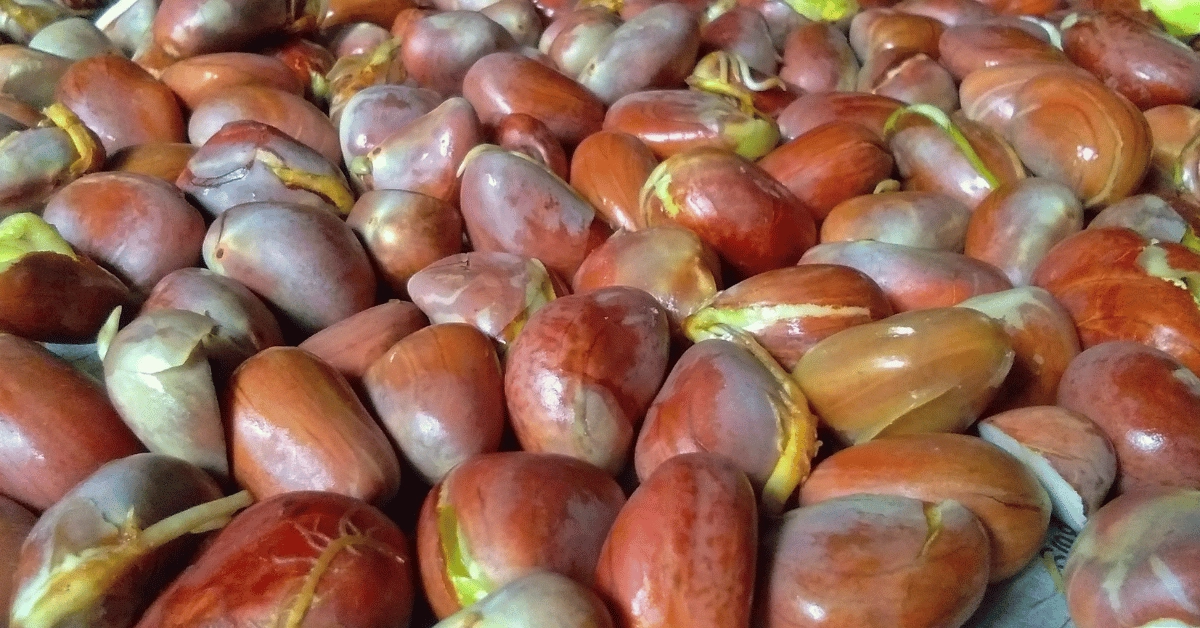Ceviche, a popular dish in Latin American cuisine, typically consists of raw fish or seafood marinated in citrus juices, most commonly lime or lemon, and spiced with chili peppers.
It is often garnished with onions, cilantro, and sometimes avocados, tomatoes, or corn. Given its ingredients, ceviche can be a healthy and nutritious addition to one’s diet when prepared and consumed correctly.
Nutritional Benefits
1. High in Protein:
The primary ingredient in ceviche is raw fish or seafood, which is an excellent source of high-quality protein. Proteins are essential for muscle repair, immune function, and overall body maintenance.
2. Low in Calories:
Ceviche can be relatively low in calories, making it a suitable option for individuals focusing on weight management. The exact calorie content will depend on the type of fish or seafood used and the additional ingredients included in the recipe.
3. Rich in Vitamins and Minerals:
The citrus juice not only cooks the fish through a process called denaturation but also adds a healthy dose of vitamin C, an antioxidant that helps protect cells from damage. Depending on the type of seafood used, ceviche can also be rich in vitamins B12 and D, iron, and omega-3 fatty acids, which are beneficial for heart health.
4. Low in Fat:
Most fish and seafood are low in fat, and the fats present are often the healthier unsaturated types, including omega-3 fatty acids. The preparation of ceviche doesn’t involve frying or the use of heavy sauces, which helps keep the fat content low.
Considerations for Health
1. Risk of Foodborne Illness: Since ceviche involves raw fish, there’s a risk of foodborne illnesses caused by bacteria or parasites like Vibrio or Anisakis.
Using fresh, high-quality fish and following proper food safety guidelines can help minimize this risk. It’s also advisable to marinate the fish in citrus juice for an adequate period to ensure the acidic environment “cooks” the fish thoroughly.
2. Mercury Content: Some fish may contain high levels of mercury, which can be harmful in large amounts, especially for pregnant women and young children.
Opting for fish with lower mercury levels, such as shrimp, salmon, or tilapia, is a safer choice.
3. Acid Reflux Concerns: For individuals with acid reflux or sensitive stomachs, the high acidity from the citrus juice in ceviche might cause discomfort. It’s important to be mindful of personal dietary triggers.
In conclusion, ceviche can be a healthy addition to your diet when prepared and consumed correctly. This traditional dish, often made with fresh fish, citrus juices, and a variety of herbs and spices, offers a wealth of nutritional benefits, including high-quality protein, essential fatty acids, and various vitamins and minerals.
However, it’s important for individuals, particularly pregnant women, young children, older adults, and those with weakened immune systems, to exercise caution due to the risk of foodborne illnesses from consuming raw fish.
Ensuring the fish is fresh and the dish is prepared in a hygienic manner can help mitigate these risks. As with any food, moderation is key, and it’s essential to consider individual health conditions and dietary needs when incorporating ceviche into your meals.










